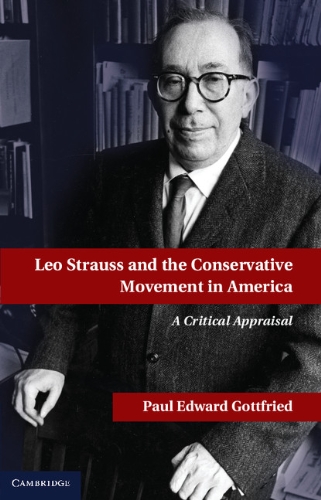◄►◄❌►▲ ▼▲▼ • BNext New CommentNext New ReplyRead More
I drafted the following defense after being passionately attacked by an outside evaluator who was supposedly assessing the department in which I teach about half of my courses. This evaluator, Shirley Anne Warshaw of Gettysburg College, spent about ten minutes out of a two-day visitation talking to me. She was apparently familiar with my writings, which we discussed in passing. The report she produced was not what our department had expected. Between four and five out of twelve pages were devoted to a highly personal attack made on me. It included extravagant, unsubstantiated charges combined with disparaging remarks about my colleague Wes McDonald, who had praised my scholarship. I have no reason to believe that either my colleagues or students were complicit in any of this. Professor Warshaw came here both knowing who I was and profoundly hating me. The only long-term professional connection I can find for her outside of her position at Gettysburg is membership in the Institute for the Study of the Presidency, an organization well disposed toward executive power.
A RESPONSE TO MY ACCUSER
In view of her extended comments about my inept teaching and redundancy as a faculty member, it may be necessary to respond to Shirley Anne Warshaw’s Consultant’s Report as it bears on my activities. There are several observations Dr. Warshaw offers that are correct as far as they go, that I would do better teaching graduate students, that I have never fitted into the department of political science entirely, and that my upper-level courses have not drawn well in recent years. Indeed I should praise her for suggesting a 200-level course that I could put together for the new curriculum and that might be attractive to students.
Unfortunately, everything else the consultant says about me is both inaccurate and malicious. There is no “junior-senior seminar” that we offer. Who exactly are the “students who routinely criticize his courses for being unfocused, with often rambling discussions” for “appearing” to “walk into class unprepared or with little thought as to what he would say”? What kind of data gathering did Dr. Warshaw use to arrive at these damning conclusions? Although such criticisms were made several years ago in a freshman core course, in which the attendees did not appreciate my Socratic teaching method, I cannot imagine these comments coming from the students in my senior seminar, which is the course I routinely teach for the department. Most of those kids have elected to take my upper-level courses; and it is therefore inconceivable that any of them would now be teeing off on me. Although the consultant may have run across her accusations somewhere, I suspect that she had to dig deeply to come up with the evidence, if there is any. The remarks ascribed to our students do not even resemble the way they talk and write. They look exactly like something produced by a middle-aged academic.
As for my failure to attend professional conferences, Dr. Warshaw was not listening very closely when I mentioned the ones I do attend. At least once a month I participate in meetings of the Foreign Policy Research Institute in Philadelphia, where I have done presentations and served as a commentator at a seminar. Of the regular members I am the only one who is not a graduate professor at the University of Pennsylvania or on the faculty of Swarthmore. I am also on the executive board of the Historical Society and attend its gatherings when I can. I doubt Dr. Warshaw can flaunt similar credentials as an attendee at professional events.
This brings me to the heart of the matter, my abrasive conversation with the evaluator that may have occasioned her apparently reckless comments regarding my professional profile. Dr. Warshaw and I have different conceptions of professionalism. Unlike her, I do not value most of the stuff I find in strictly professional journals, which is badly written, tedious, and full of unacknowledged value judgments; nor do I think that real scholarship typically appears in refereed journals. On the last point I speak en cause de connaissance, having been on the editorial board of a refereed historical journal for ten years and having never ceased to be amazed at how often someone’s friend got published there as a step toward tenure or getting a reduction in teaching load. Dr. Warshaw also seemed familiar with some of my books, and I inferred from her remarks that she and I differed philosophically. I would hope that her unkind and unsubstantiated comments about my professional work did not reflect the force of these differences. Still and all, I find it hard to believe that she arrived at her conclusions from carefully sifted evidence, or that either my colleagues or poli sci students vented so much spleen on me. Quite frankly and regrettably, the attacks look personal.
Paul Gottfried [send him mail] is professor of history at Elizabethtown College and author of, most recently, the highly recommended Multiculturalism and the Politics of Guilt.

 RSS
RSS









